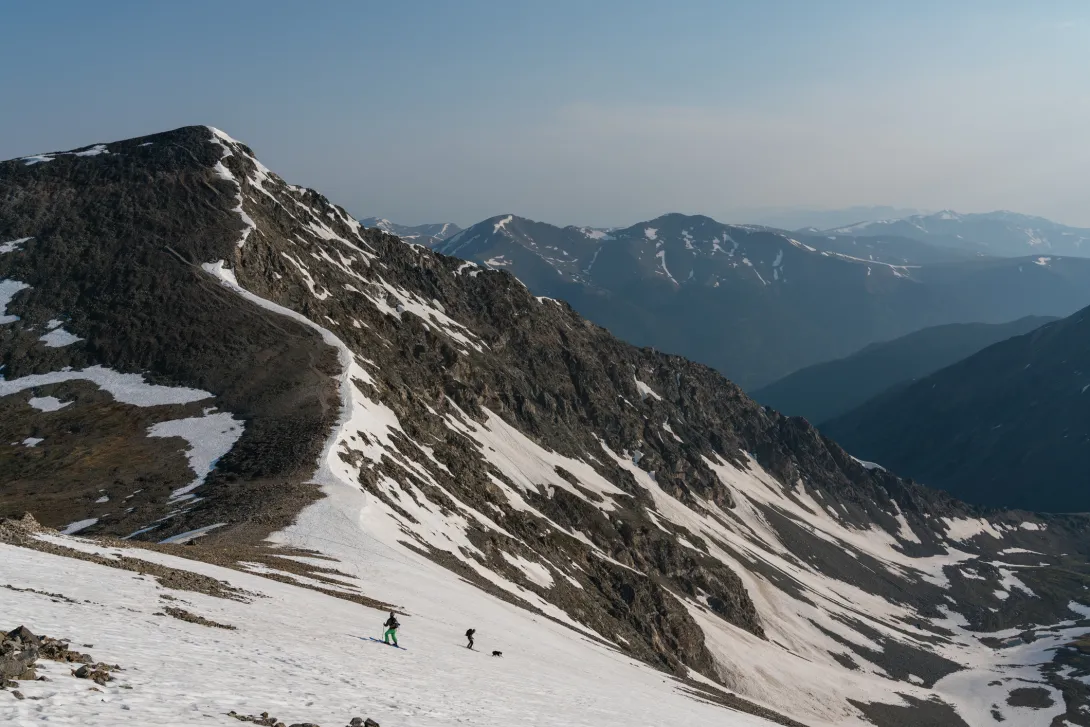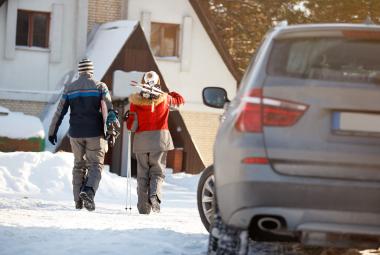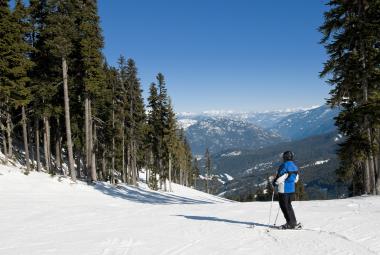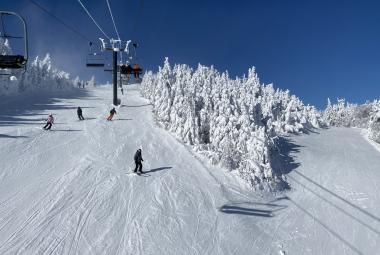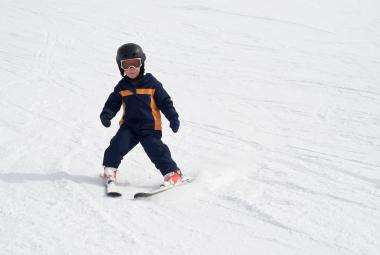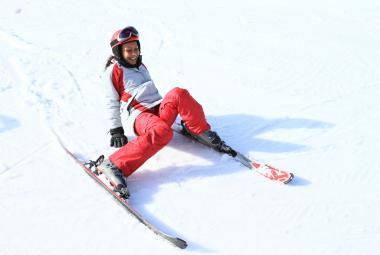Ski resorts and backcountry skiing are both popular options for winter sports enthusiasts, but they offer very different experiences.
Ski resorts are often a good choice for beginners because they offer groomed runs, ski patrols, and ski schools that can help first-time skiers get comfortable on the slopes.
Backcountry skiing, on the other hand, involves skiing in natural, ungroomed terrain, which can be more challenging and requires a higher level of skill and experience. Both ski resorts and backcountry skiing have their own unique appeals, and the best choice for a beginner will depend on their individual preferences and goals.
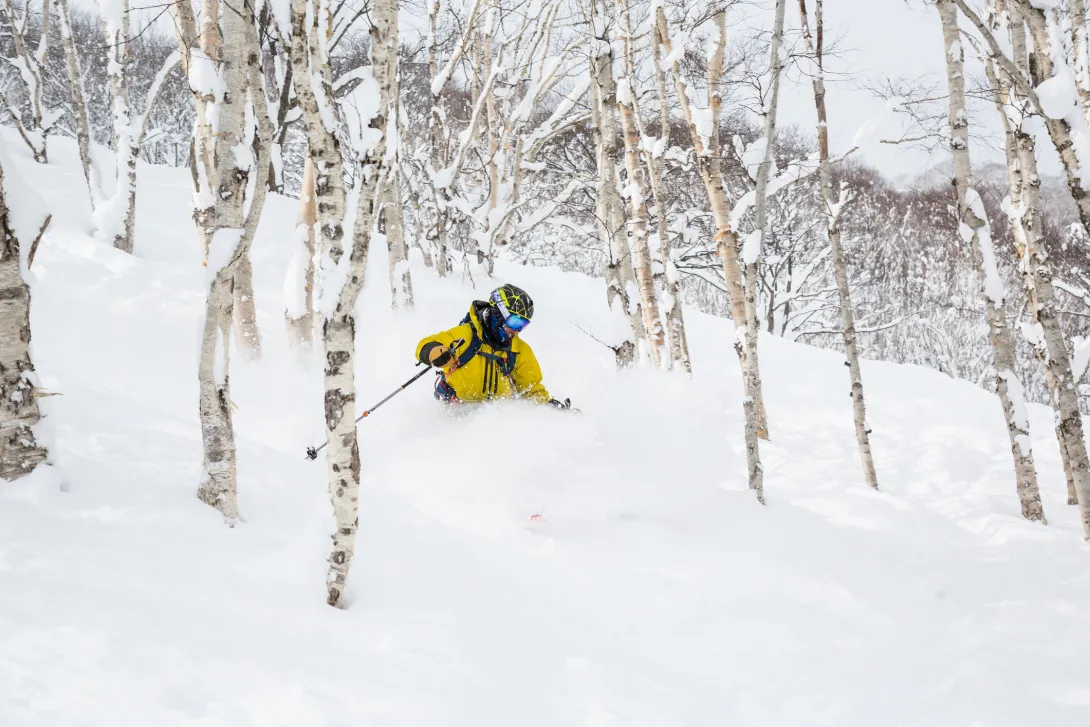
Ski resorts are commercial ski areas that offer a variety of groomed runs, lifts, and other amenities for skiers. They provide a more convenient and organized skiing experience. Ski resorts offer a range of groomed runs for skiers of different abilities, as well as ski schools and other resources to help beginners learn how to ski.
Some ski resorts also offer non-skiing activities such as snowshoeing and dog sledding to keep the whole family entertained, even when you’re not on the slopes.
Backcountry skiing, also known as off-piste skiing, involves skiing in natural, ungroomed terrain outside of ski resorts, typically in mountainous parks. Here the terrain is more challenging to navigate. Backcountry skiers will need to use specialized equipment such as skins, which allow them to climb uphill, and shovels and probes for avalanche safety.
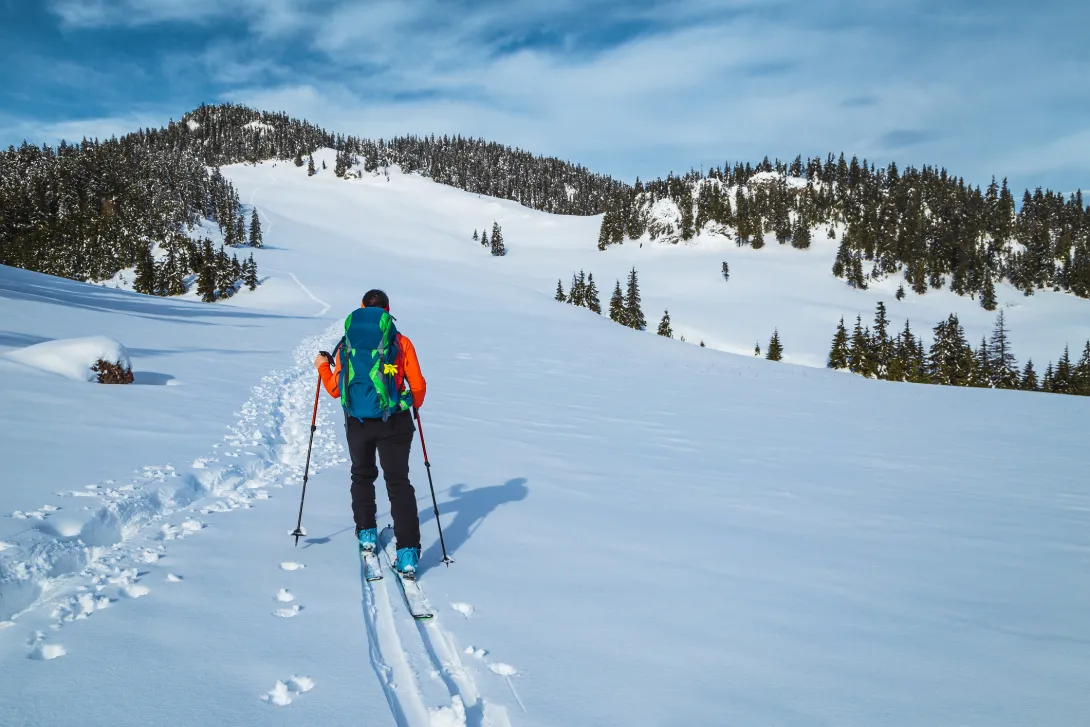
The benefits of backcountry skiing though include the feeling of adventure and the ability to explore untracked wilderness, but it also carries additional risks such as avalanches and the need for self-reliance.
Keep reading to learn the pros and cons of both ski resorts and backcountry skiing so you can decide which is best for you!
Pros of Ski Resorts
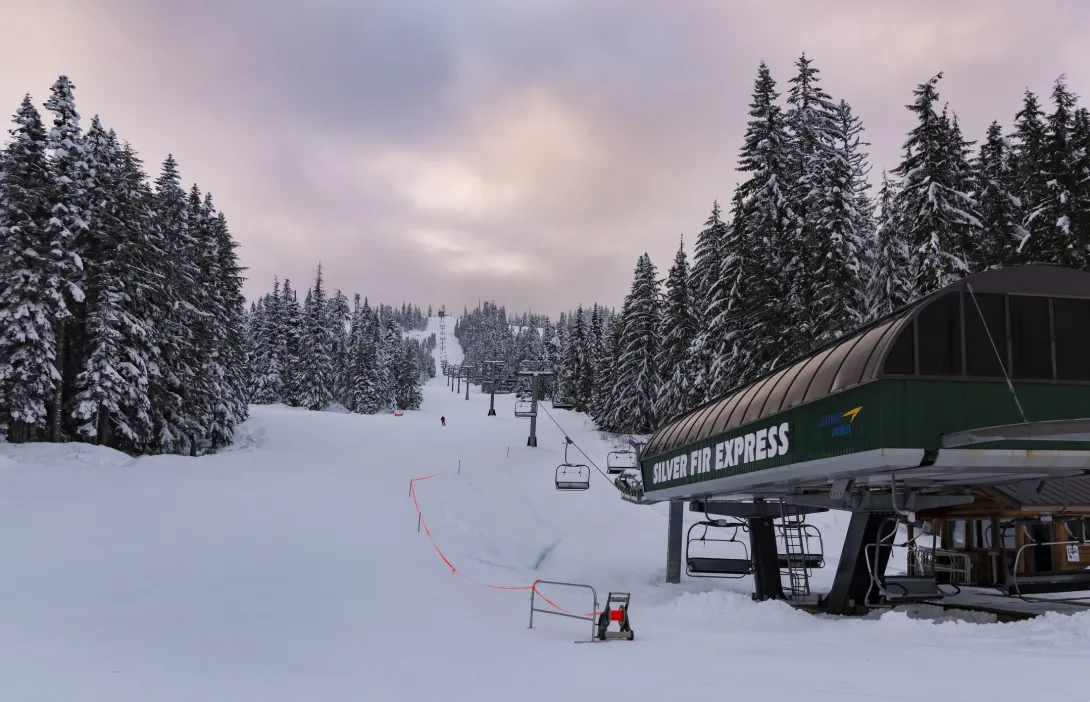
One of the main advantages of skiing at a ski resort is accessibility and convenience.
Ski resorts are typically easy to get to, with many offering shuttle services or being located near major airports. Once at the resort, skiers can take advantage of a variety of runs and terrain that are suitable for their ability level, as well as on-site amenities such as lodging, food, and equipment rental.
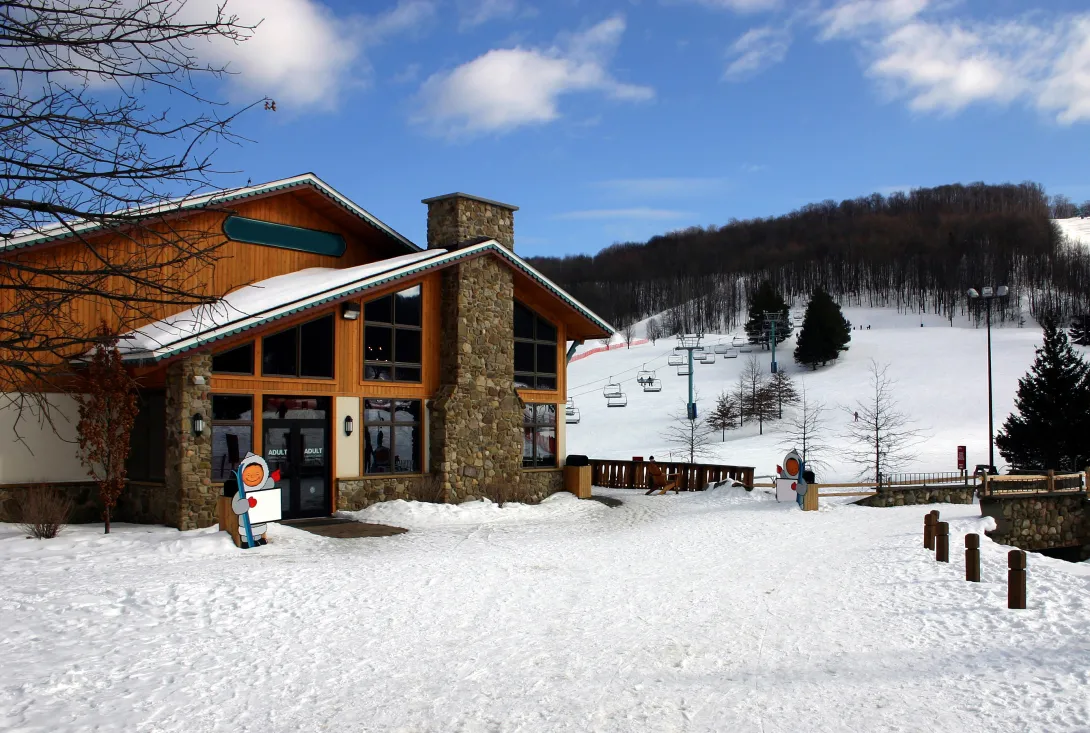
Ski resorts also often have professional ski patrols and safety measures in place to ensure a safe and enjoyable experience on the slopes. Additionally, ski resorts often offer a variety of non-skiing activities such as snowshoeing, dog sledding, and apres ski entertainment.
Overall, ski resorts offer a convenient and organized option for skiers looking for a variety of runs and amenities, perfect for an easy winter vacation.
Cons of Ski Resorts
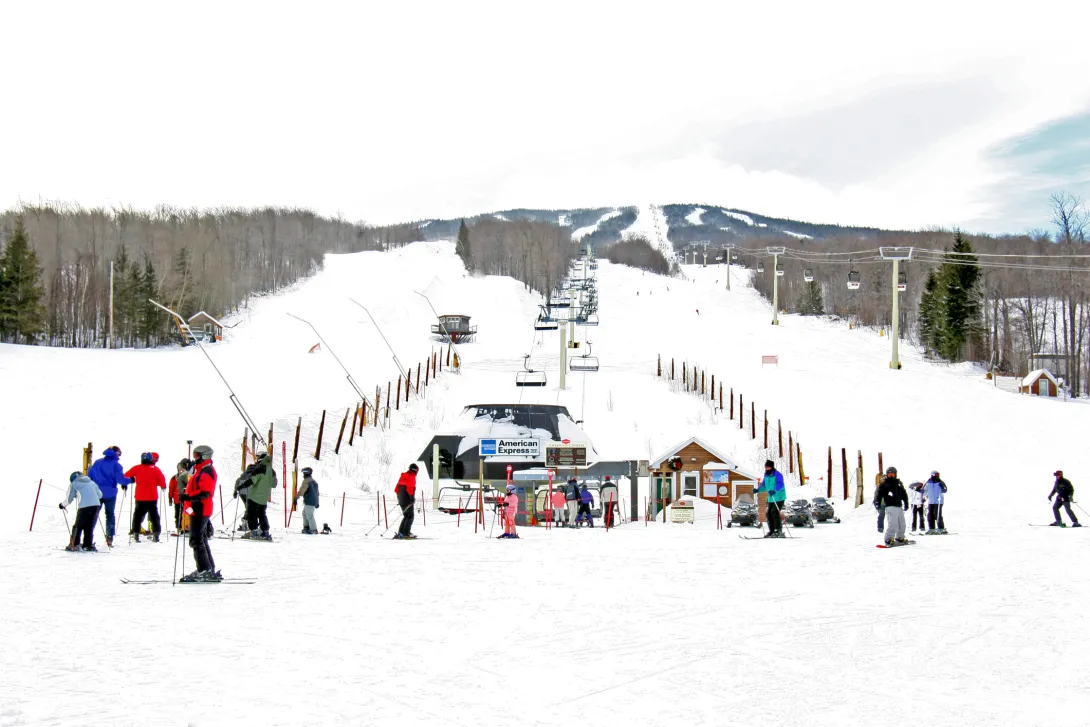
One of the main drawbacks of skiing at a ski resort is that they can be crowded, especially on weekends and during peak season. This can lead to long lift lines and a less enjoyable experience on the slopes.
Ski resorts can also be more expensive than backcountry skiing, with lift tickets, rentals, and other expenses adding up quickly. Skiers who are looking for more solitude may find that the organized and groomed nature of ski resorts takes away from the sense of adventure that can be found in the backcountry.
Ski resorts can also have more strict rules and regulations, which may not appeal to those who prefer a more independent and self-directed experience.
Pros of Backcountry Skiing
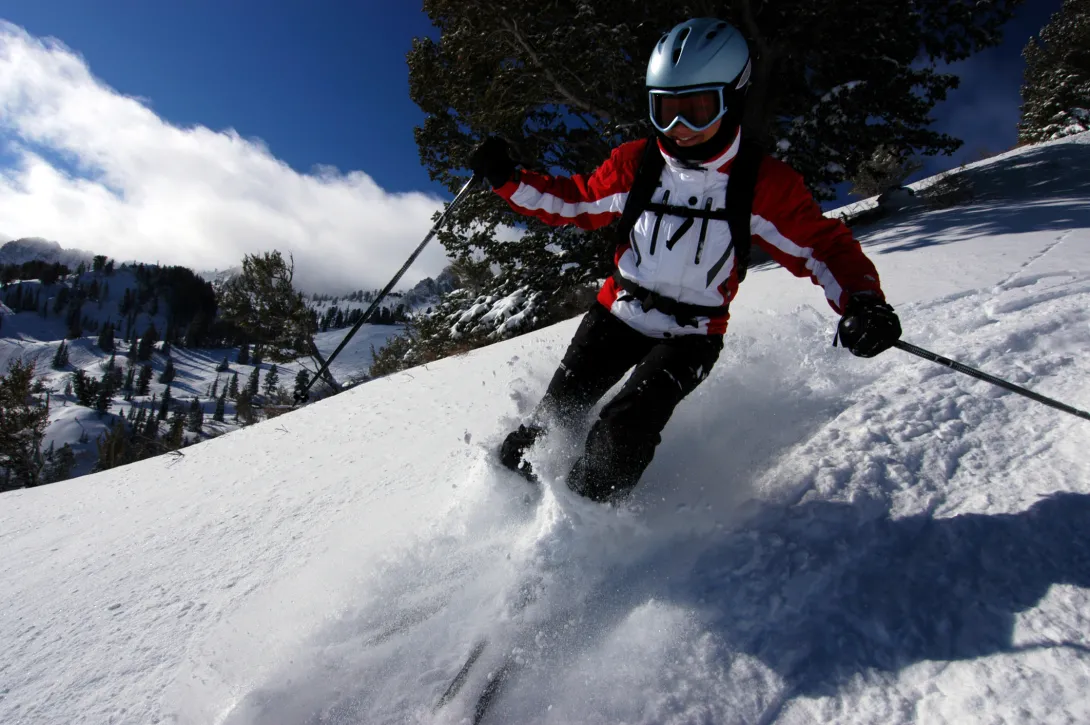
Backcountry skiing offers the opportunity to explore ungroomed, natural terrain and experience a sense of solitude and adventure. This type of skiing can provide a higher sense of accomplishment for those who are up for the challenge.
Backcountry skiing can be a more immersive and authentic way to experience the natural beauty of a mountain region, as skiers are able to venture beyond the groomed runs and developed areas of a ski resort. Additionally, backcountry skiers have more freedom and independence to choose their own routes and pace, as they are not bound by lift lines or other resort rules and regulations.
Overall, backcountry skiing can be a rewarding and exhilarating experience.
Cons of Backcountry Skiing
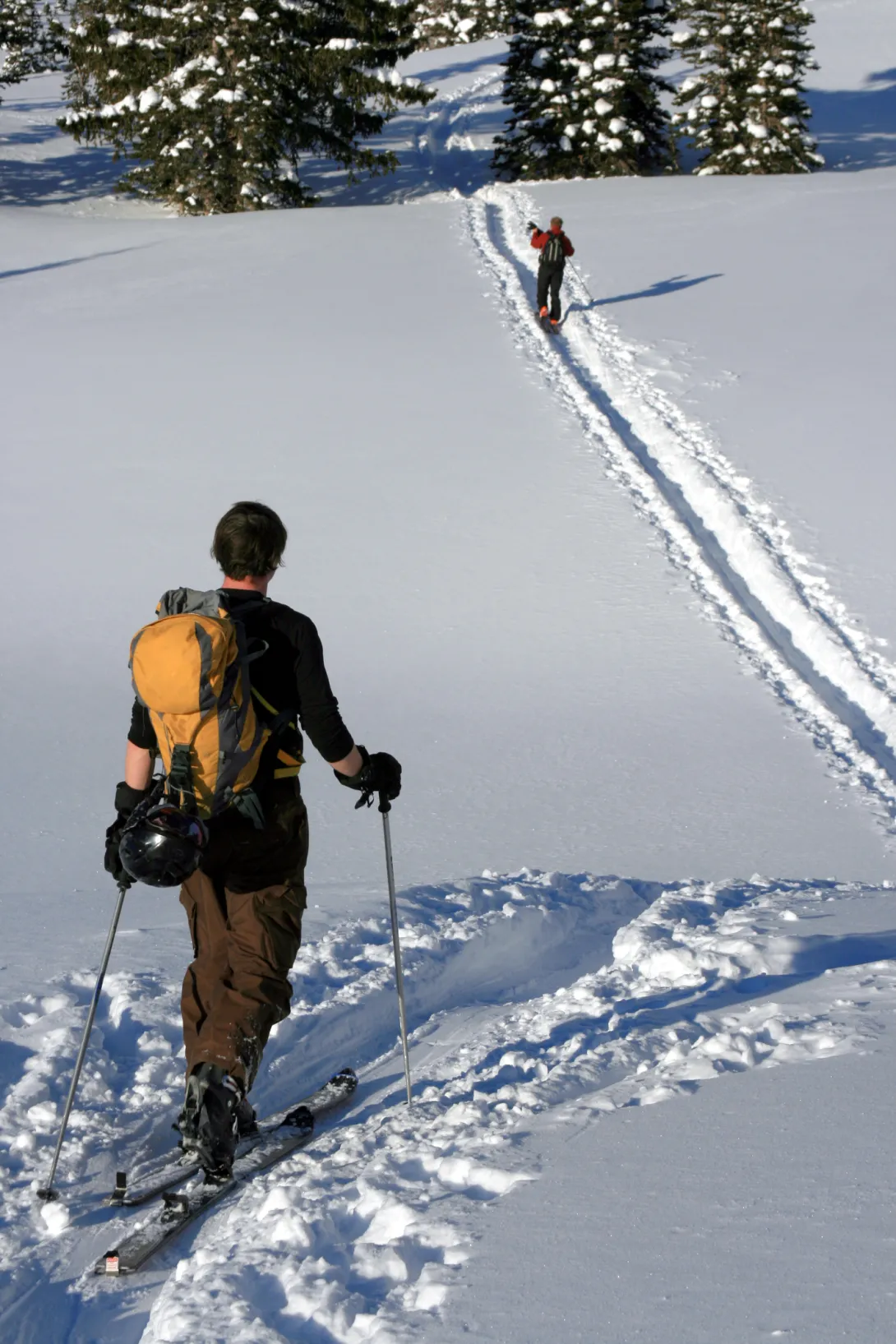
Backcountry skiing can be more challenging and risky than skiing at a ski resort, as it requires self-sufficiency. In the backcountry, skiers must be prepared to navigate through varied and often challenging terrain, and need to use specialized equipment such as skins, shovels, and probes.
Due to the lack of ski patrols and other safety measures that are commonly found at resorts, backcountry skiers must have a good understanding of avalanche safety and be prepared to handle any emergencies or injuries that may occur. Medical assistance and other amenities could be far away or unreachable.
Overall, backcountry skiing can be a rewarding but also more risky and demanding experience than skiing at a resort, and it requires a higher level of knowledge, skill, and self-sufficiency.
Ski Resorts vs Backcountry Skiing: Which is best for beginners?
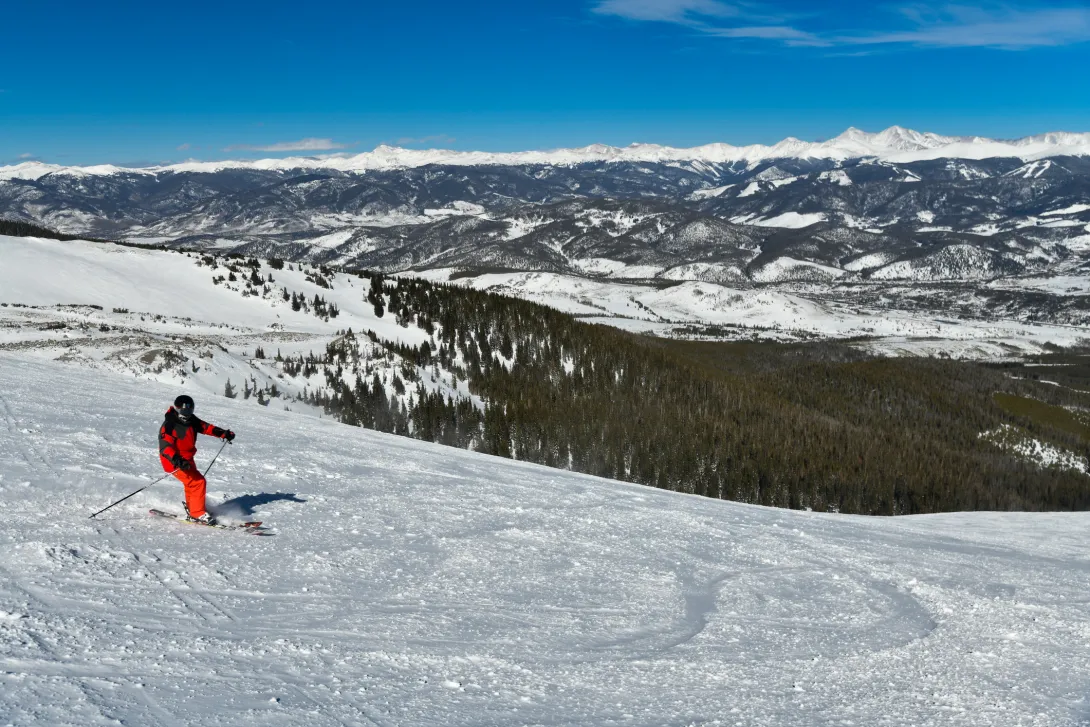
Ultimately, the choice between skiing at a ski resort or in the backcountry depends on the individual’s preferences and goals. I learned how to ski at a resort so that I could start backcountry skiing as quickly as possible.
There are many factors to consider when deciding between ski resorts and backcountry skiing such as experience level, preference for groomed vs. natural terrain, budget, and desire for amenities. Learning how to ski at a resort from a ski instructor can help you become a better skier quicker.
But it is also expensive. If you would prefer to ski in the solitude of nature and have a trusted teacher or guide, learning to ski in the backcountry could be a cheaper and more rewarding experience. But it requires additional safety knowledge.
Conclusion
Overall, the choice between skiing at a ski resorts vs in the backcountry is all up to you. Ski resorts offer more instruction, amenities, and a safe learning environment. Backcountry skiing offers the peace and solitude of nature but can be a more risky experience.
Ultimately you need to weigh the pros and cons of each, consider your preferences and comfort level. Try both ski resorts and backcountry skiing to determine your own preferences and discover which type of skiing is the best fit for you

